 President Barack Obama said Friday he was reassessing the U.S. relationship with Russia because of a growing number of issues on which the two countries differ, and he lamented what he called his mixed success in trying to persuade Russian leader Vladimir Putin to abandon a Cold War mentality.
President Barack Obama said Friday he was reassessing the U.S. relationship with Russia because of a growing number of issues on which the two countries differ, and he lamented what he called his mixed success in trying to persuade Russian leader Vladimir Putin to abandon a Cold War mentality.
Obama’s comments at a White House news conference just two days after cancelling a planned summit with Putin next month came as senior U.S. and Russian officials met at the State Department to look at areas in which cooperation is possible. Those officials put a brave face on the badly strained ties and said the meeting produced some tangible results on the military front and on the push to forge a political solution to the crisis in Syria, among other issues.
Obama said Putin’s return to the Kremlin last year had brought about “more rhetoric on the Russian side that was anti-American, that played into some of the old stereotypes about the Cold War contest between the United States and Russia.”
“I’ve encouraged Mr. Putin to think forward as opposed to backward on those issues, with mixed success,” he told reporters. He said he decided not to attend the summit because “Russia has not moved” on a range of issues where the U.S. would like to see progress. He said his unhappiness with Russia granting asylum to NSA leaker Edward Snowden was one reason, but not the only one, for his decision.
“I think the latest episode is just one more in a number of emerging differences that we’ve seen over the last several months around Syria, around human rights issues where, you know, it is probably appropriate for us to take a pause, reassess where it is that Russia’s going, what our core interests are, and calibrate the relationship so that we’re doing things that are good for the United States and, hopefully, good for Russia,” Obama said.
He added that no one could hope for 100 percent agreement and that differences could not be completely disguised. But he said U.S.-Russian cooperation is important.
“We’re going to assess where the relationship can advance U.S. interests and increase peace and stability and prosperity around the world,” Obama said. “Where it can, we’re going to keep on working with them. Where we have differences, we’re going to say so clearly.”
Obama praised trade and arms control successes that the U.S. and Russia were able to seal when he was dealing with former Russian President Dmitry Medvedev. Obama played down suggestions that he and Putin do not get along.
“I don’t have a bad personal relationship with Putin. When we have conversations, they’re candid. They’re blunt. Oftentimes, they’re constructive,” he said.
But, he took a shot at the often dour-looking Russian leader for his demeanor in meetings and appearances before reporters.
“He’s got that kind of slouch, looking like the bored kid in the back of the classroom,” Obama said. “But the truth is, is that when we’re in conversations together, oftentimes it’s very productive.”
He urged Putin to think in broad terms and not view the United States as an enemy.
“If issues are framed as if the U.S. is for it, then Russia should be against it, or we’re going to be finding ways where we can poke each other at every opportunity, then probably we don’t get as much stuff done,” Obama said.
Obama’s comments came shortly after Secretary of State John Kerry and Defense Secretary Chuck Hagel wrapped up talks with their Russian counterparts that were intended to try to repair some of the damage caused by the differences over Syria, Russia’s domestic crackdown on civil rights and anti-gay legislation, a U.S. missile defense plan for Europe, trade, global security, human rights and American adoptions of Russian children.
Officials from both countries said after the talks that the atmosphere had been positive and productive and that they had agreed to renew efforts to bring about a political resolution to the deteriorating situation in Syria at an international conference. On the military side, the officials said Russia had invited the U.S. to observe a joint Russian-Belarussian training exercise next year involving 13,000 troops as well as establish a video link between the defense chiefs.
Kerry allowed that U.S.-Russia ties had been complicated by “colliding and conflicting interests.” Russian Foreign Minister Sergey Lavrov also acknowledged the fractious state of the relationship but called on both sides to act like “grown-ups,” saying that’s how Moscow wants to handle the differences.
Noting that he and Lavrov are former ice hockey players, Kerry said that they understood “that diplomacy, like hockey, can sometimes result in the occasional collision, so we’re candid, very candid, about the areas in which we agree but also the areas in which we disagree.”
He added: “It’s no secret that we have experienced some challenging moments and obviously not just over the Snowden case.”
Both men maintained that U.S-Russian cooperation on even limited areas of shared concern is important.
Russia has minced no words in expressing its disappointment that Obama cancelled the summit, and Lavrov made it clear that Moscow had been prepared to sign agreements on trade and nuclear research and security had it gone ahead.
“At least we in Russia were prepared to table our proposals to the two presidents,” Lavrov said.
“Of course, we have disagreements. We’ll continue discussing matters on which we disagree calmly and candidly,” he said. “We need to work as grown-ups. And this is what we do. And we hope that this will be reciprocal.”
(AP)


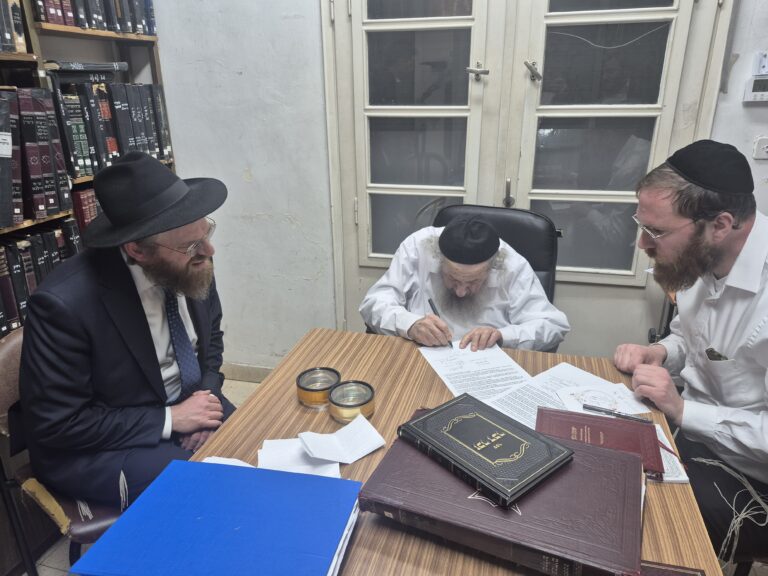

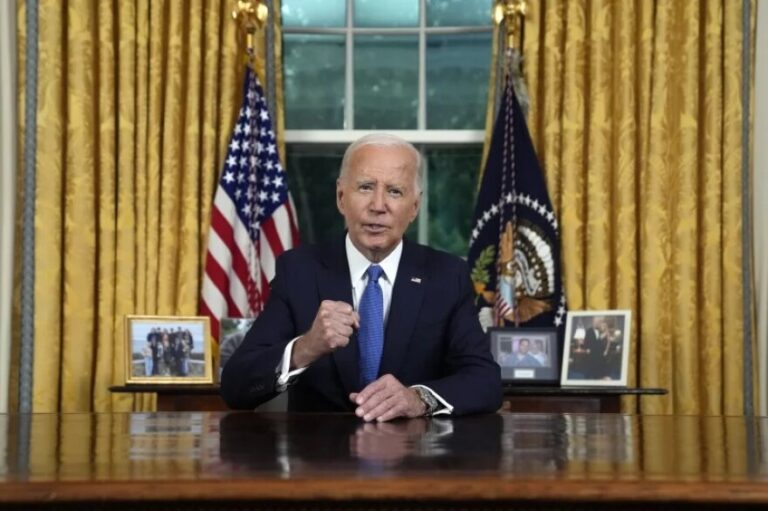
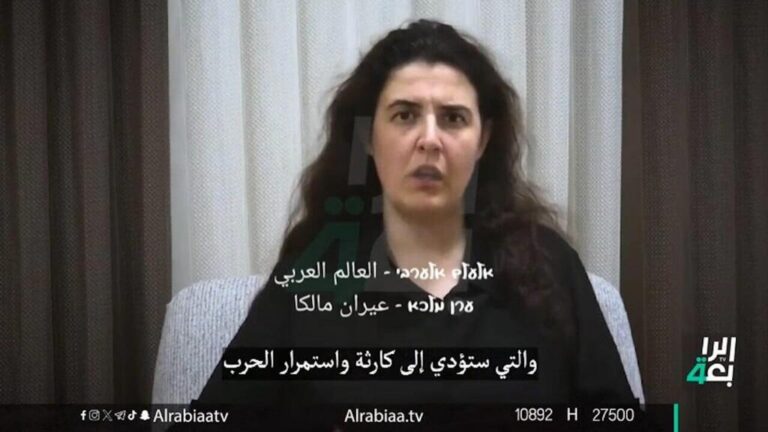
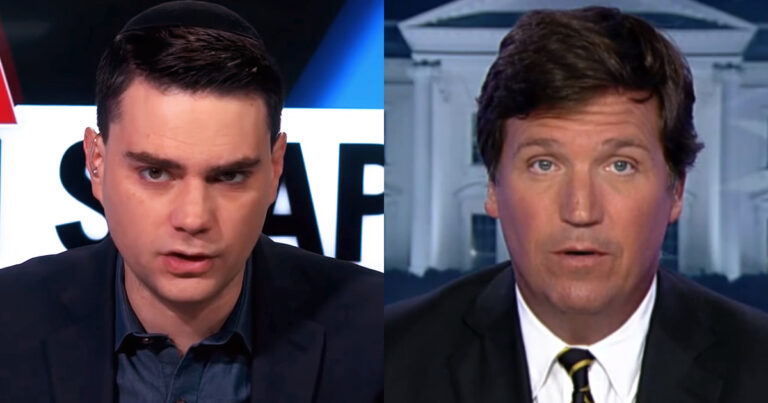
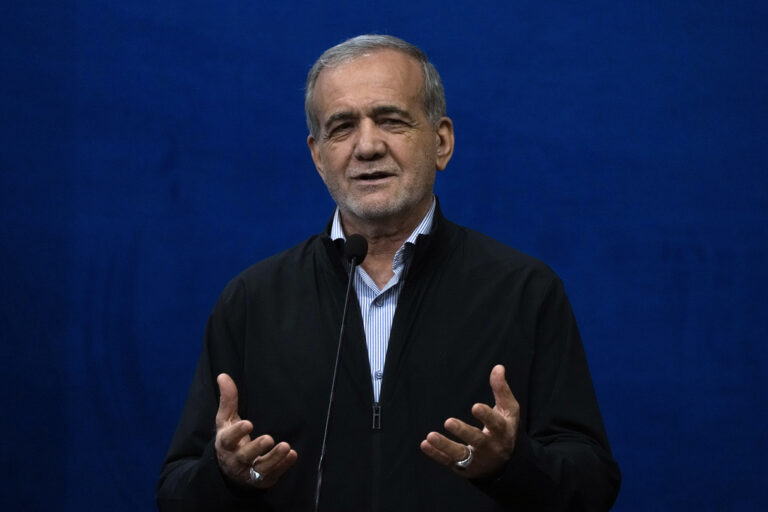
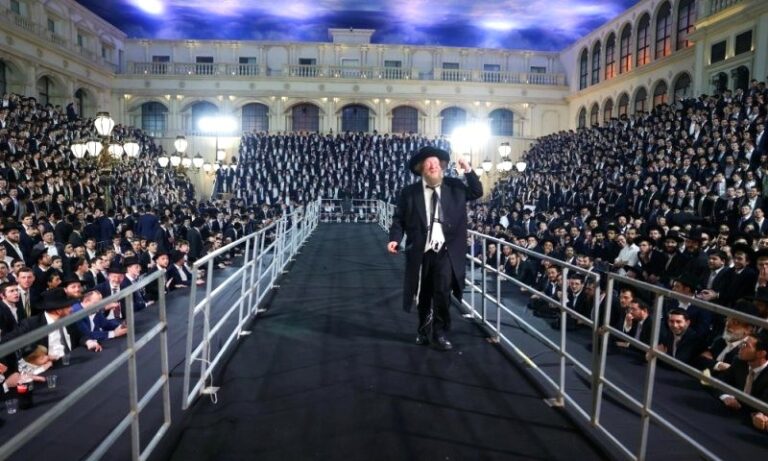


One Response
Putin used Snowden to slap down a weak US president. Barack Hussein Obama has cheapened America’s brand irreparably.